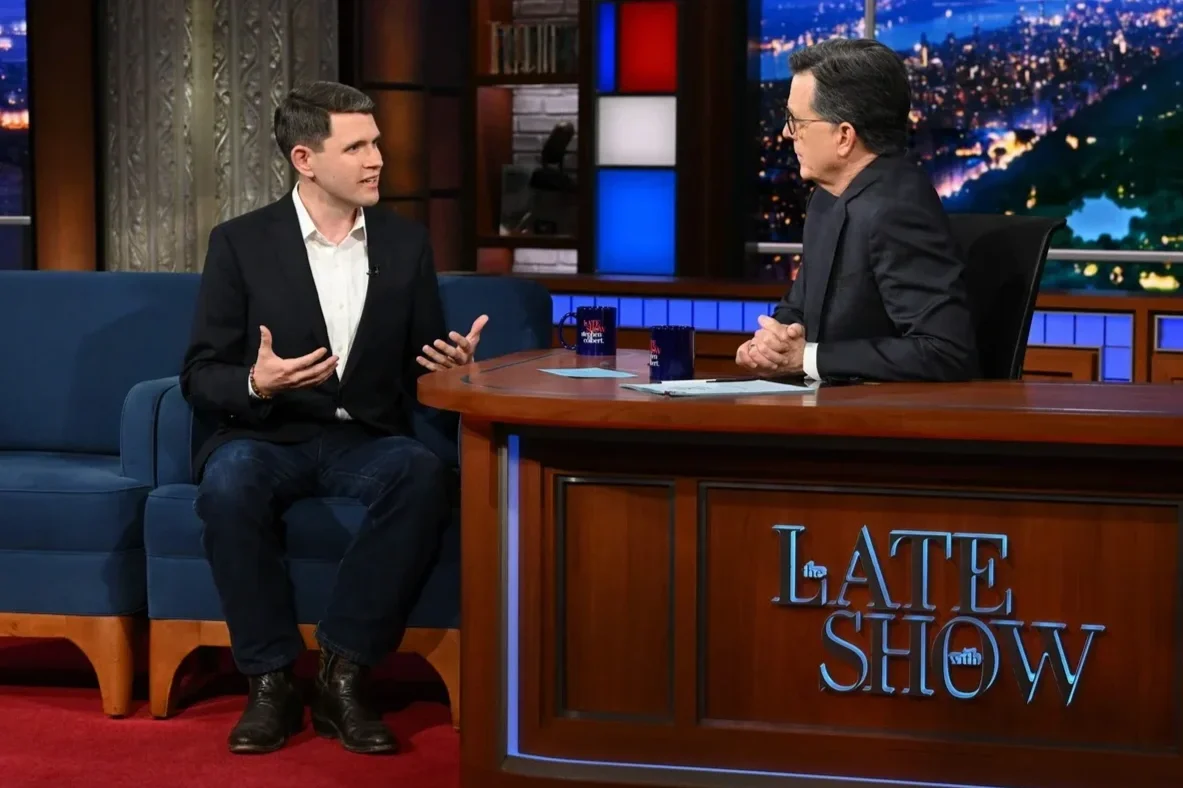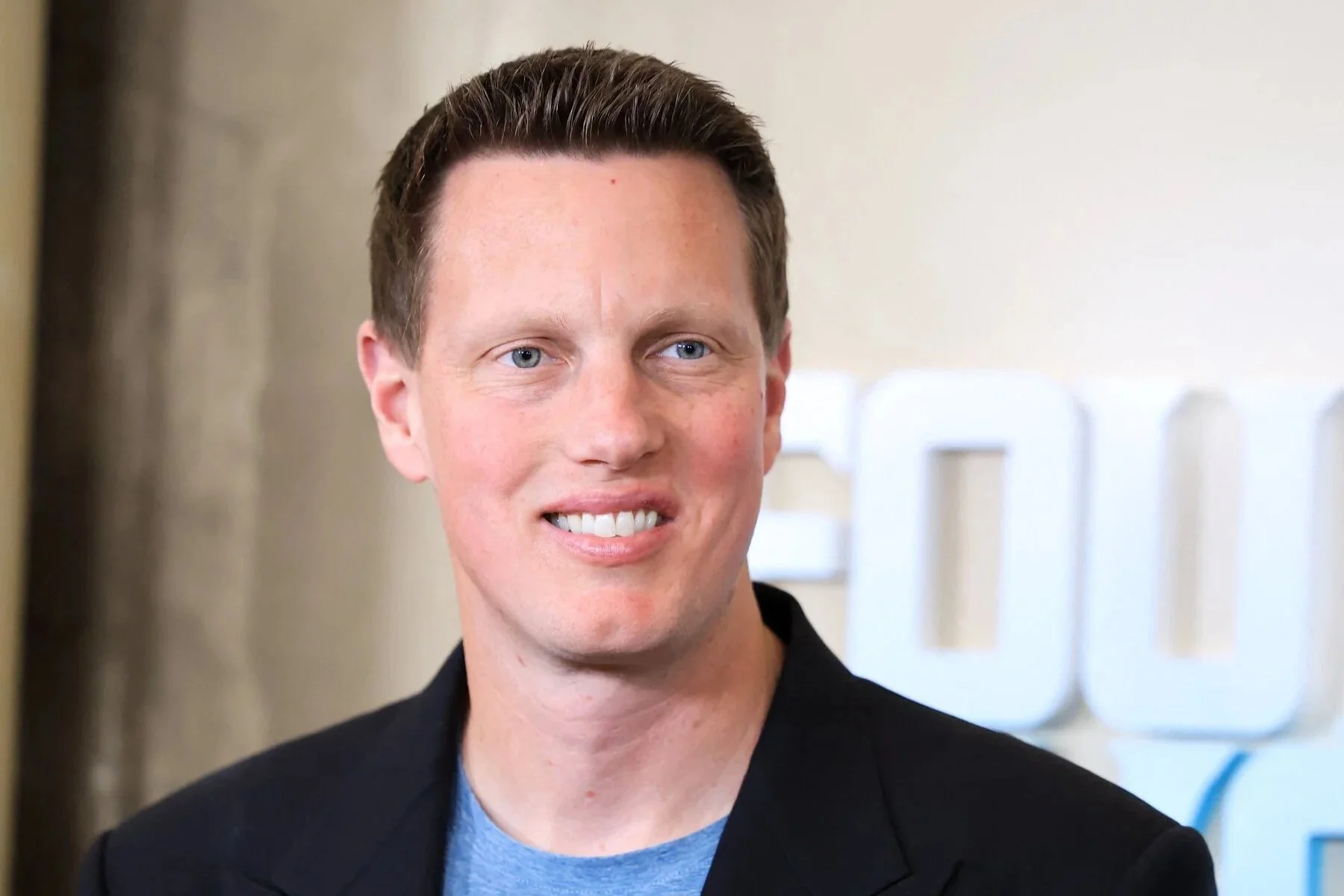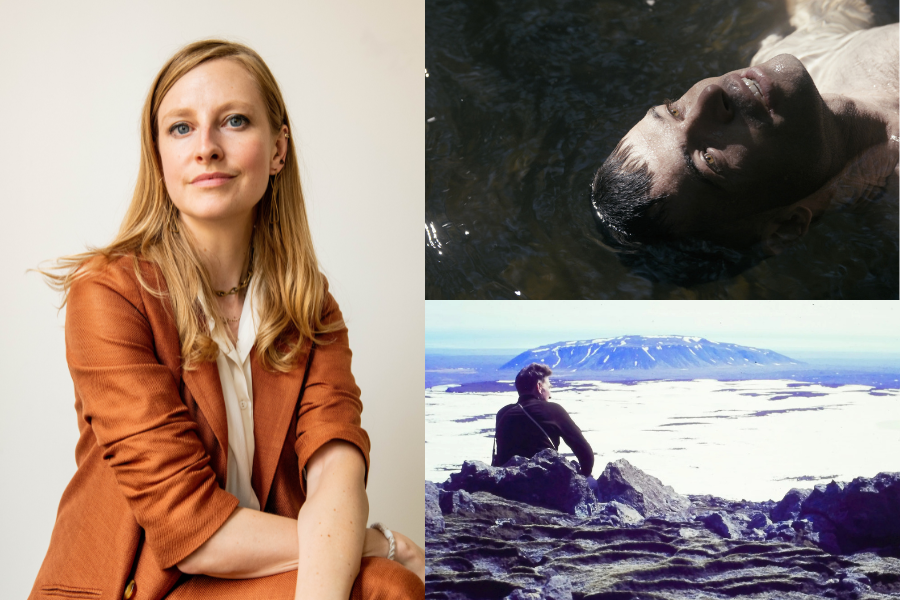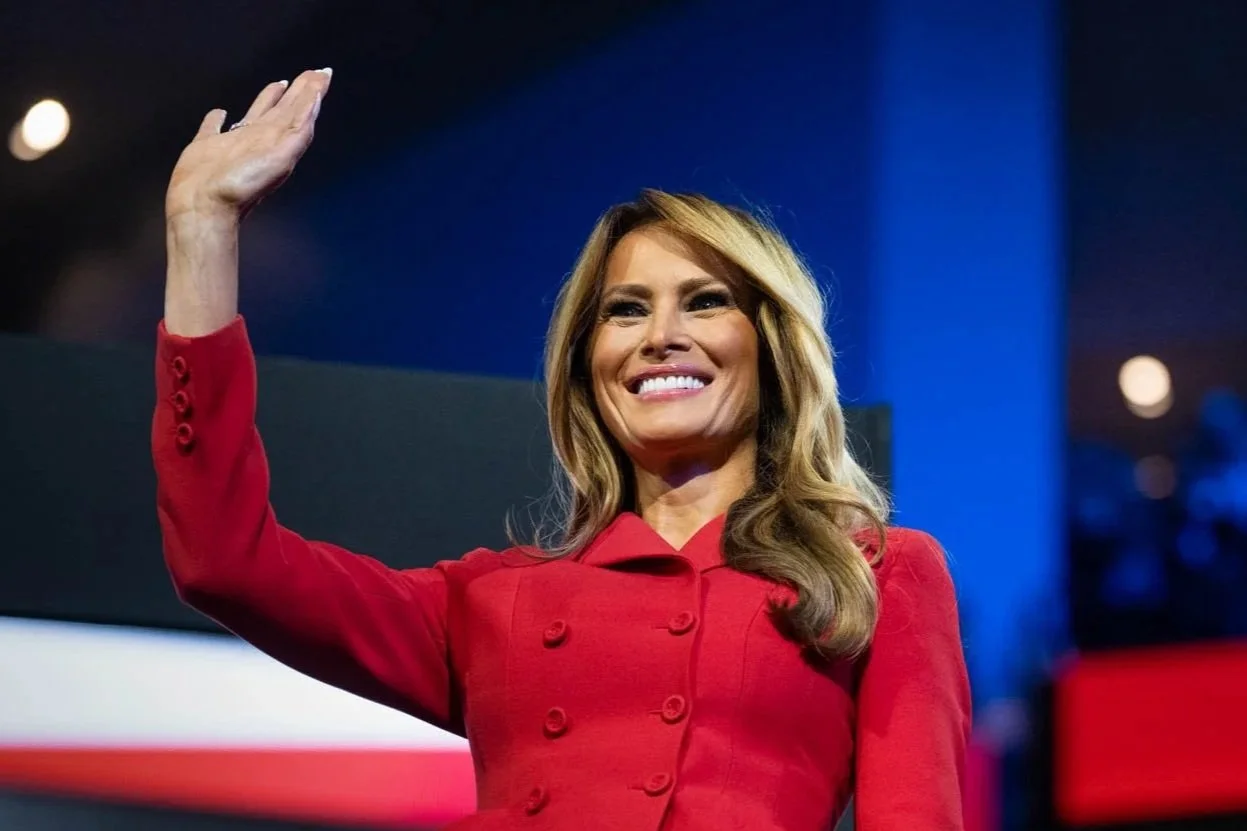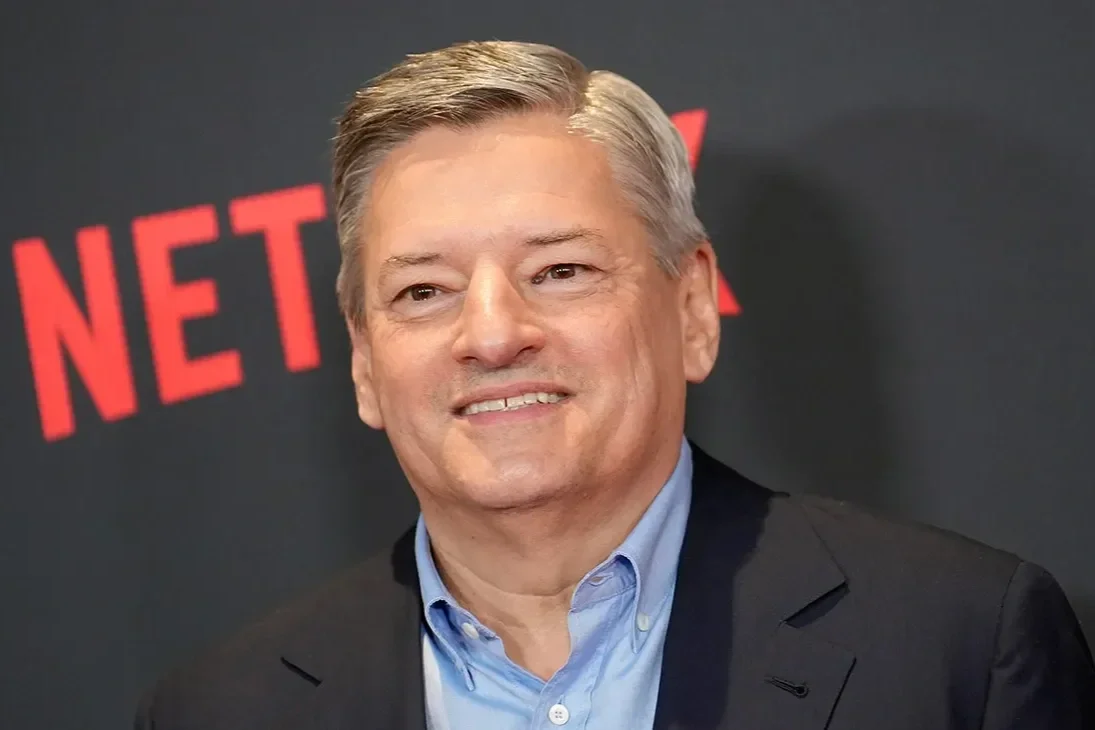Talent Agents To Sign Child AI Actress Tilly Norwood As Major Studios Look Toward AI Technology
An image of AI actor Tilly Norwood.
Actor and technologist Eline Van der Velden, in-charge of new AI talent studio, Xicoia, is now in talks with talent agents about representing its first creation, AI actress Tilly Norward.
Speaking at the Zurich Summit on Saturday, Van der Velden presented her AI production company Particle6 before joining a discussion on artificial intelligence in the entertainment industry alongside Verena Puhm, head of Luma AI’s new Studio Dream Lab LA.
Van der Velden explained that industry attitudes toward AI shifted rapidly over the past year. She recalled that when she and her team first brought Tilly Norward to market, people dismissed the concept. By May, however, studios that had once been skeptical were asking to collaborate, and now her team expects to announce which agency will represent Norward within the next few months. If that deal goes through, Norward would become one of the first AI-generated actresses signed by a traditional talent agency.
Van der Velden: “We were in a lot of boardrooms around February time, and everyone was like, ‘No, this is nothing. It’s not going to happen’. Then, by May, people were like, ‘We need to do something with you guys.’ When we first launched Tilly, people were like, ‘What’s that?’, and now we’re going to be announcing which agency is going to be representing her in the next few months.”
The news follows Van der Velden’s announcement of Xicoia, an offshoot of Particle6 focused on creating, managing, and monetizing hyperreal digital stars.
Puhm, who was appointed in July to lead Studio Dream Lab LA after working as an AI artist, echoed Van der Velden’s observation about the industry’s shifting perspective. In her experience, studios initially denied working with AI, but many were secretly experimenting with the technology. By spring this year, she was being contacted to advise on how AI could integrate into existing creative workflows. Studios, she noted, often lacked the expertise and needed outside creatives and technologists to demonstrate practical applications.
She added that while major companies are actively developing AI-assisted projects, strict NDAs prevent them from making public statements. According to Puhm, the industry is deliberately cautious, preferring to test internally before announcing projects. Still, she predicted that the end of this year and early next year will bring a wave of public announcements about high-profile AI-driven productions:
“We really want to make them feel comfortable through their testing, through their projects, and working on real projects… we want it to be their decision on when they want to say it out loud, but honestly, I think this year is going to be interesting. In the beginning of next year, there’s going to be a lot of announcements.”
The rapid rise of hyperreal digital performers also raises concerns around exploitation, particularly with the creation of AI-generated child stars. Critics warn that without strict safeguards, virtual minors could be misused in ways that blur ethical boundaries, potentially normalizing harmful depictions or enabling commercial exploitation without the protections applied to real children in entertainment. Industry observers argue that clear regulation and oversight will be essential as AI talent moves closer to mainstream representation.
TRENDING NEWS





